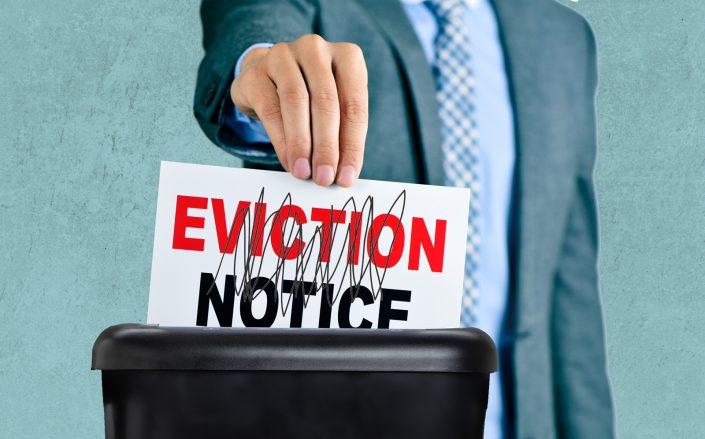Penna Dexter
When Congress passed a moratorium on evictions back in March 2020, it all seemed a little backwards and unfair to landlords. Lawmakers’ provision for renters’ lockdown job losses seemed compassionate but has proved to be misguided.
The eviction moratorium provided protection for renters of government-subsidized housing who got behind on their rent. Their landlords would have to wait for payment until COVID-19 relief dollars passed through what turned out to be complex and unreliable state and local channels.
To date, of the $47 billion appropriated for rental relief, only $3 billion has been dispersed to renters.
Yet their landlords have had to cover mortgages, property taxes, insurance, utilities, and repair bills.
The eviction moratorium expired in July 2020. In September, the Centers for Disease Control stepped in as what columnist George Will calls a “supplemental legislature” and “declared a ban on evictions from any rental housing for nonpayment by individuals making under $99,000 annually and couples making up to $198,000 who claimed pandemic-related financial injury.
By June of this year, landlords were owed $27.5 billion in unpaid rents. The burden on many landlords is becoming unbearable. George Will points out that most are not wealthy. Nearly half own only one or two units.
During the early days of the pandemic, a moratorium on evictions may have seemed like an efficient way to help people who lost income due to lockdowns. But it wasn’t. When a solution to a humanitarian problem sounds like socialism, it probably is. Many landlords are forced into carrying renters who have little incentive to apply for relief.
A majority of Supreme Court justices agree the moratorium is lawless, but Justice Kavanaugh allowed the “taking” to continue to its July 31 expiration. Since Congress refused to act on the moratorium, the CDC extended it.
Congress is too scared to pass a law protecting private property. While the Biden Administration maintains this lawless moratorium, the stealing continues.
 Listen Online
Listen Online Watch Online
Watch Online Find a Station in Your Area
Find a Station in Your Area









 Listen Now
Listen Now Watch Online
Watch Online
